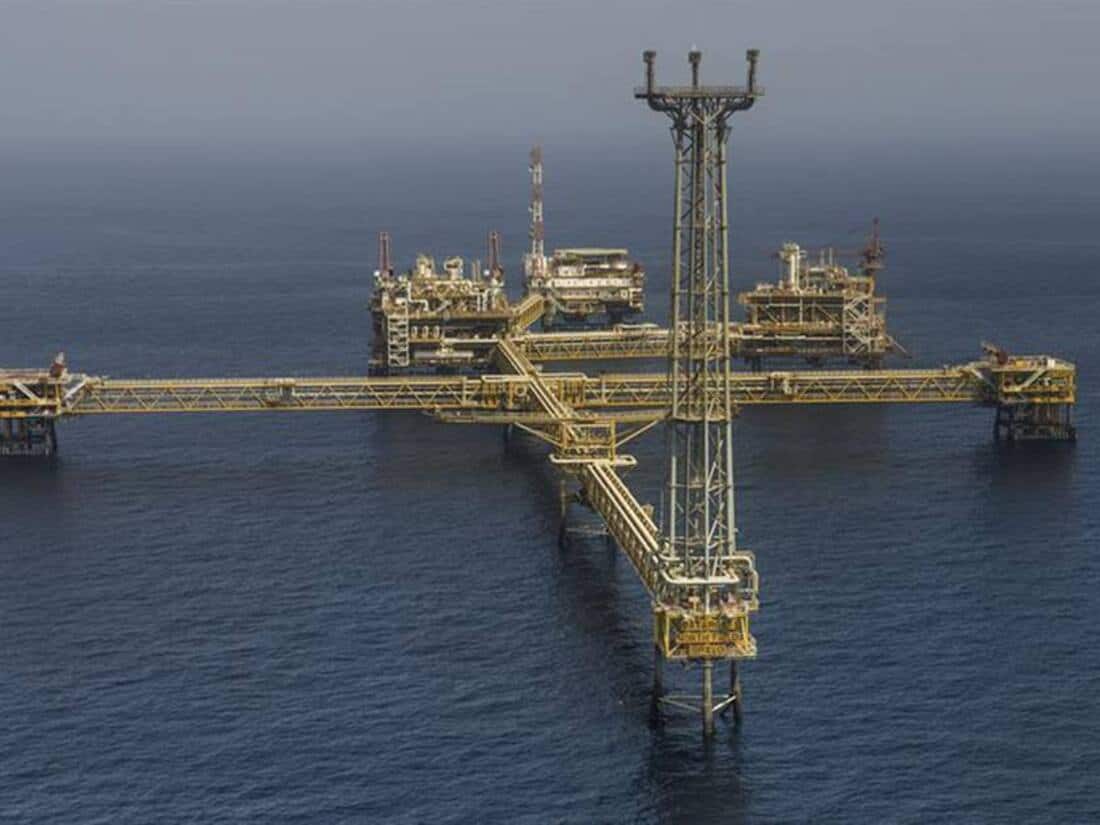Having revealed the list of companies chosen for expanding the North Field East (NFE) gas field, Qatar implements the first phase of raising its production of liquefied natural gas to 110 million tons, a 43 percent raise.
Therefore, the four new production lines will be ready for production by 2025. Experts have told Qatar News Agency that this paves the way for announcing the winning companies for the development of the second phase of the southern sector of the North Field at the beginning of 2023, which aims to increase the national production capacity of liquefied natural gas from 110 million tons annually to 126 million tons by 2027.
The experts assert that Qatar chose the right moment to announce its North Field East gas field development partners, in light of the soaring pressure on the global gas market resulting in a search for additional sources of this vital substance. The development of the NFE will contribute to quenching the thirst of markets and further strengthen Qatar’s position as a major player in the gas industry.
In a statement to QNA, the economist Nasser Al Khalidi said that Qatar’s plan to increase its production of gas meets the requirements of the market and is a result of extensive and accurate studies that confirmed the existence of a large demand for liquefied gas as part of states’ strategies to switch from using polluting energy sources causing greenhouse gases to other clean sources of energy.
Al Khalidi added that the rise in gas prices is temporary and is linked to the Russian-Ukrainian war. In his assessment the market will balance itself in phases based on the mechanism of supply and demand, stressing that the concerned authorities in Qatar have chosen the right timing to raise their production capacities in light of the shortage predicted to take its toll on markets in the second half of the twenties of this century.
TotalEnergies, ExxonMobil, ConocoPhillips, Eni, and Shell had won earlier this year contracts to develop NFE, whose investment costs stand at about $28.75 billion.
North Gas Field is a huge natural gas field located in the waters of the Arabian Gulf, and is the largest gas field in the world, with 50.97 trillion cubic meters of gas. It covers an area of about 9,700 square kilometers, of which 6,000 square meters are in the territorial waters of Qatar. The field was discovered in 1971 and production began in 1989.
Reserves
The International Energy Agency (IEA) stated that the field contains an estimated 51 trillion cubic meters of natural gas and about 50 billion barrels (7.9 billion cubic meters) of natural gas condensate.
In addition, Qatar currently has a nominal gas liquefaction capacity of 77 million tons per year, following Australia’s capacity of 88 million tons per year.
Al Khalidi said that the new production expansion will provide additional budget revenues for the government that will be channeled into further investments in the domains of education, health, and services in keeping pace with population growth, and in preparation for the new arrivals into the labor market and their needs, as the number of graduates is estimated at 3,000 annually.
Qatar is expected to reap additional revenues of $40 billion as soon as it completes the first part of the expansion by 2025.
In a statement to QNA, banking expert Abdullah Al Raisi confirmed that Qatar’s policy to raise its production of natural gas is proceeding according to its programmed plans, as production is expected to reach about 126 million tons by 2027. He pointed to the effort to raise production parallel to another effort in marketing by signing new contracts with several partners concerning the additional quantities resulting from raising production capacities.
Qualitative Leap
Al Raisi pointed out that raising national capacities in natural gas production is a qualitative leap that will enhance the country’s position as one of the main players in this industry, which is witnessing a rise in demand, as a result of the pivotal role of this clean source of energy at a time when the world is in the process of an energy transition currently, which translates into Qatar having a bigger share of the market be it on the spot or long-term markets.
Moreover, Al Raisi said that the development of gas production capabilities in Qatar will enable the country to gain more control over the various stages of this industry’s chain production and will quench the thirst of global markets for this vital substance.
Al Raisi explained that the liquefied gas production raise will return Qatar to the top of the list of producing and exporting countries of the fuel and will enable more diversification of the state’s sources of income and will provide a higher budget to be spent on projects included in the Qatar National Vision 2030, in the process of achieving sustainable development goals on various fronts.

